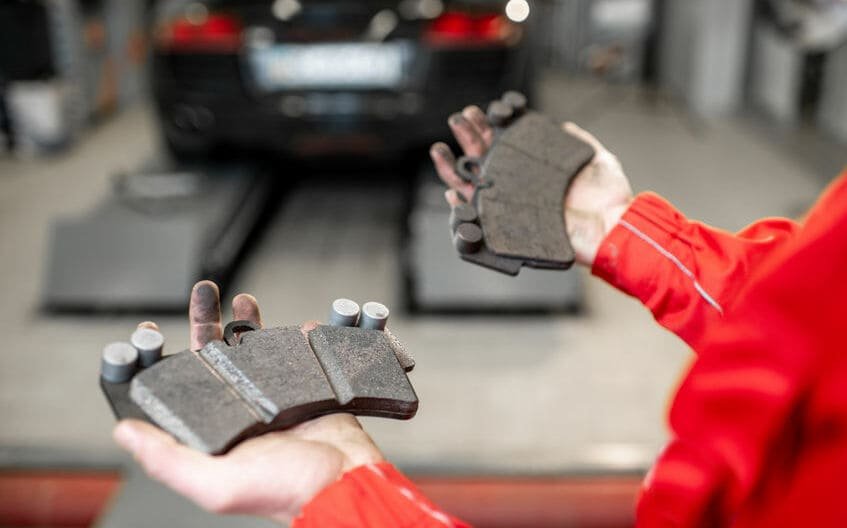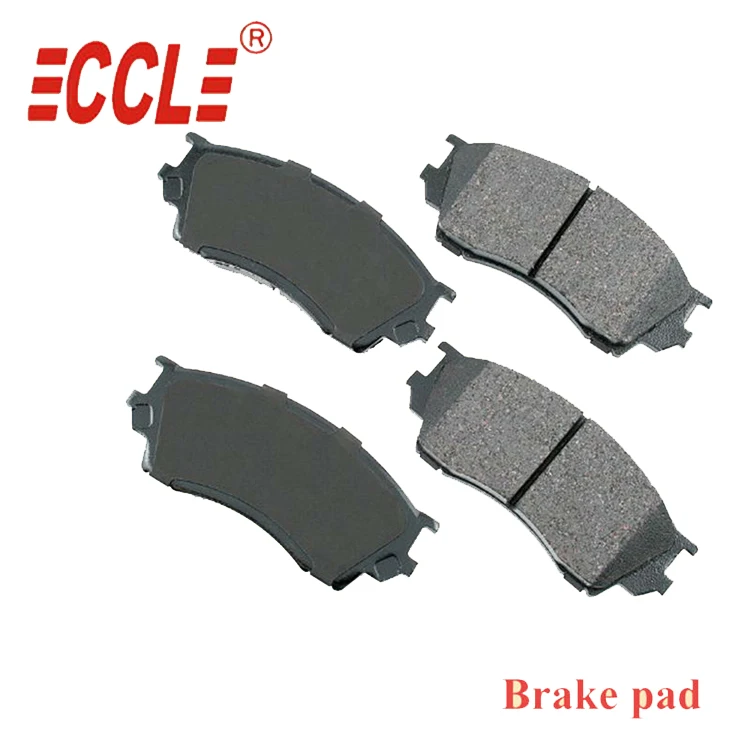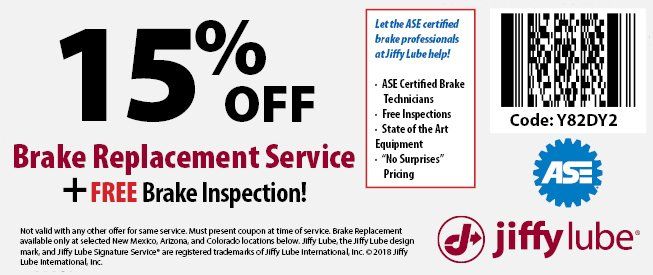

If you notice that your vehicle is pulling to one side more than the other while braking, this indicates that something has gone wrong with the braking system. In worse cases, you’ll need a new set of Jiffy Lube brakes if the damage is beyond repair.įinally, one of the most important signals to look out for when it comes to brake efficiency is how your vehicle is stopping. Most likely, if this is happening it means your brake pads cannot clamp to your rotors effectively, which can typically be resolved by resurfacing the damaged rotors. If your rotors are warped or suffering damages, you’ll begin feeling an unsmooth, abrasive vibration rocking your pedal. If this is the case, the brake lines must be replaced with a more intensive brake service, however, this serious procedure can be avoided by performing a brake check the moment your brake pedal is acting strangely.Īnother sign to pay attention to with regards to brake pedals are the vibrations you feel coming from them when you stop. The rust may then damage the lines, causing the hydraulic system to release pressure after undergoing a fluid leak. The delicate brake lines have the propensity to corrode with rust buildup, especially in areas closer to large bodies of salt water. Speaking of “mushy” brakes, also known as “sunken pedal”, if you notice your brake pedal decreasing in effectiveness over time, this indicates another problem that must be addressed with a brake check.


If not, the metal calipers may start destroying the brake rotors after being unprotected by the brake pads, resulting in a far bigger problem than a simple brake pad replacement. The moment you begin hearing abnormal sounds, it’s time for a brake service to identify the problem. Staying on the road using your “mushy” brakes may work for a while, but once that high pitch squeak turns into a crunchy grinding noise, the brake pads have most likely completely given out. Such a noise most likely indicates that the brake pads have worn down to unsafe levels, and without the brake pads there to halt your wheels, you’re in deep trouble. While it’s normal for brakes to make small noises especially if there’s moisture buildup from rain or morning dew, if your brakes are making high pitch squeaking noises while being used, that’s another problem entirely. The different kinds of sounds our vehicles make can often alert us to specific issues, and the brakes are no exception. Here are a few signs that let you know it’s time for routine brake service, and more than likely new Jiffy Lube brakes altogether. With a bit of knowledge and awareness, you can keep your brakes healthy with even deterioration across all pads, so that your brakes are effective enough to stop you at a moment’s notice. For the novice driver, it may be tempting to brush these issues under the rug or ignore them altogether- both of which are a terrible idea that puts you and those around your vehicle at risk.

But make no mistake, through ordinary usage, the different components of your braking system will certainly deteriorate, in some environments faster than others. The braking system of any vehicle is so heavily utilized on a daily basis that it can be hard to notice the small, seemingly insignificant signs that you need a brake check or even new brakes.


 0 kommentar(er)
0 kommentar(er)
